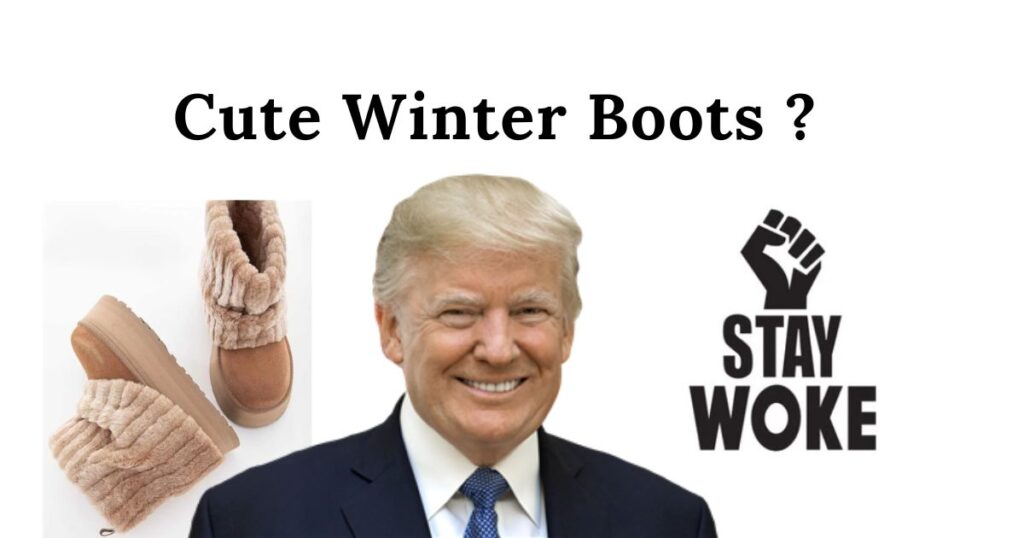Since late March 2025, a trend called “I don’t wanna be French” has been shaking up TikTok. This movement, born in the United States, has quickly spread worldwide. Users from various countries mock the French by remixing a famous song. But the French are fighting back with humor and pride. This article explores the origins of this trend, its cultural implications, and the reactions it has sparked. Let’s dive into this digital buzz that blends rivalry and patriotism.
The Origins of the “I Don’t Wanna Be French” Trend
An Inspiration from Lady Gaga
The “I don’t wanna be French” trend has its roots in Lady Gaga’s hit “Bad Romance”. Released in 2009, this song features the line “I don’t wanna be friends”, which American influencers tweak into “I don’t wanna be French”. They play on the phonetic similarity between “friends” and “French”. This wordplay quickly becomes a tool to tease France. The videos pair this soundtrack with images mocking French clichés.
A Launch by American Influencers
It all started with content creators in the United States. They use this audio to highlight their own culture. The concept rapidly gains traction. Millions of views pile up in just a few days. Americans target the French way of life, gastronomy, and even sports performances. This wave of French bashing amuses some but annoys others. The trend soon crosses American borders.
An International Spread
Spain, Italy, and Belgium join the movement. Each country adapts the trend to its historical rivalries with France. Spaniards mock French sports defeats. Italians target Tricolor cuisine. The often humorous videos rack up millions of views. This spread showcases TikTok’s power to amplify viral phenomena. The trend becomes a global playground.
Why Is This Trend So Popular?
Humor at the Core of the Phenomenon
The “I don’t wanna be French” trend hinges on humor. Creators play with stereotypes. Do the French all wear berets? Do they eat baguettes all day? These exaggerated clichés get laughs. The videos stay light and teasing. This playful tone explains their success. Users love the quirky vibe.
A Heightened Cultural Rivalry
Behind the humor lies a cultural rivalry. Participating countries aim to assert their identity. Americans pit their fast food against French dishes. Spaniards highlight their sports victories. This friendly competition draws attention. It turns TikTok into a digital arena. Users have fun defending their flag.
TikTok’s Virality as the Driving Force
TikTok fuels the trend with its algorithm. A funny or provocative video quickly reaches millions of views. The short, punchy format appeals to younger audiences. Lady Gaga’s music boosts the viral effect. Users adopt the audio en masse. This mechanism amplifies the “I don’t wanna be French” phenomenon. The platform becomes a cultural amplifier.
The French Response: Between Pride and Self-Deprecation
A Patriotic Counterattack
The French don’t stay quiet. They launch a creative counterattack. Some flip the trend into “I wanna be French”. Others respond with “We don’t want you to be French”. These videos showcase France’s strengths. Paris shines with its landmarks. Gastronomy dazzles with croissants and cheeses. This response reignites national pride.
Hard-Hitting Arguments
French internet users bring out their weapons. They flash the carte vitale, a symbol of an envied healthcare system. They recall the Bleus’ victory in 2018. The Paris 2024 Olympics make a strong comeback. These arguments hit hard. They contrast with the initial mockery. The French prove they’ve got plenty to say.
Self-Deprecation as a Secret Weapon
French humor comes into play. Users poke fun at themselves with finesse. “You criticize our strikes? We’re proud of them!” they say. This self-deprecation disarms attacks. It shows confident self-assurance. The French turn the trend into an opportunity. They win over viewers’ sympathy.
Cultural and Social Impacts of the Trend
A Strengthening of French Identity
The “I don’t wanna be French” trend unites the French. Even the most critical of the country rally together. “Thanks to the Americans, you’re awakening our patriotism,” writes an influencer. This unity surprises many. It transcends usual divides. TikTok becomes a space for national cohesion.
A Reflection on Stereotypes
This phenomenon raises questions about clichés. The videos caricature France, but also other countries. Americans come off as junk food lovers. Spaniards turn into football fanatics. These stereotypes entertain but divide. They reveal cultural fractures. The trend highlights our mutual perceptions.
TikTok: A Mirror of Global Tensions
The platform reflects broader rivalries. Exchanges go beyond simple humor. Some comments turn sour. Debates flare up over cultural superiority.
Some French users feel targeted. Jabs at their food or sports sting. “They’re attacking our identity,” laments one user. The stereotypes annoy the more sensitive. The trend sometimes skirts the line of respect. It raises ethical questions.
Irony Misunderstood
The irony of the song adds a complex layer. Lady Gaga sings in French in “Bad Romance”. The line “J’veux ton amour” follows the remixed chorus. This detail escapes the critics. The trend becomes an unintended own goal. This subtlety amuses keen observers.
How Is the Trend Evolving in April 2025?
An Official Mobilization
French institutions seize the phenomenon. The army posts a video. Gabriel Attal, former Prime Minister, rides the wave. He shares a “I wanna be French” clip. These actions formalize the response. They amplify the patriotic message.
A Diversification of Responses
The French innovate. They celebrate their pop culture with Zidane or Daft Punk. Diverse landscapes feature in videos. Fashion, from Chanel to Dior, joins the fray. This variety enriches the counterattack. It showcases French richness from every angle.
Toward Audience Fatigue?
The buzz might be fading. TikTok trends burn out fast. Users are already seeking the next big thing. But the impact lingers. French pride remains etched. The trend leaves a lasting mark.
Conclusion: A Revealing Phenomenon
The “I don’t wanna be French” trend leaves its mark in April 2025. It stems from a clever musical twist. It spreads through humor and TikTok. The French respond with brilliance, blending pride and self-deprecation. This phenomenon goes beyond mere entertainment. It questions stereotypes and cultural rivalries. It also shows the power of social media. What will we remember? A digital battle where France turns mockery into victory. So, tempted to say “I wanna be French”?


